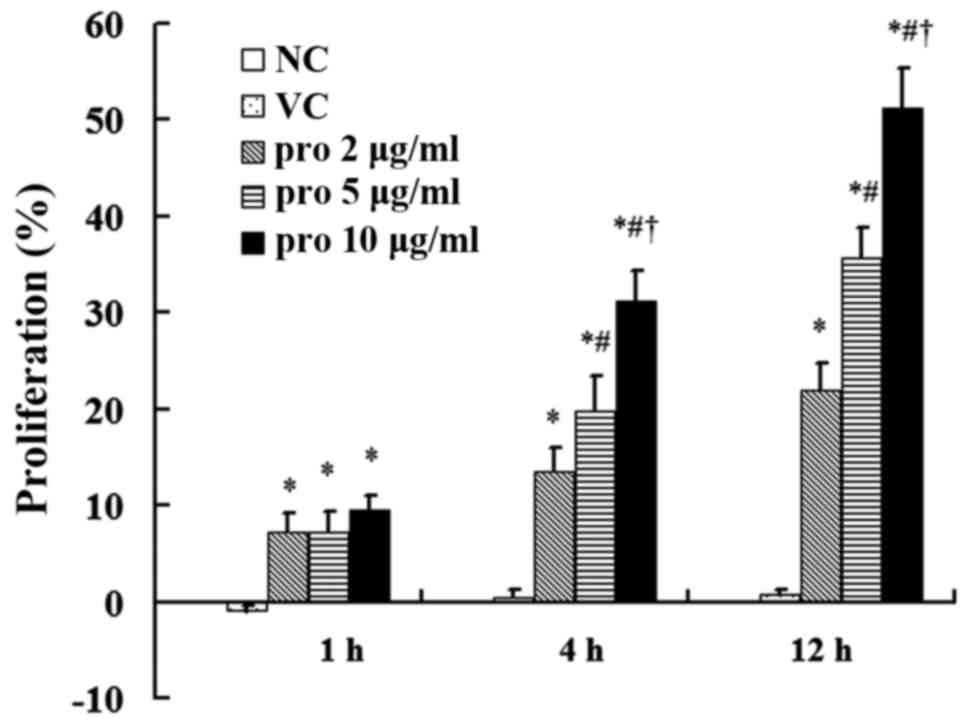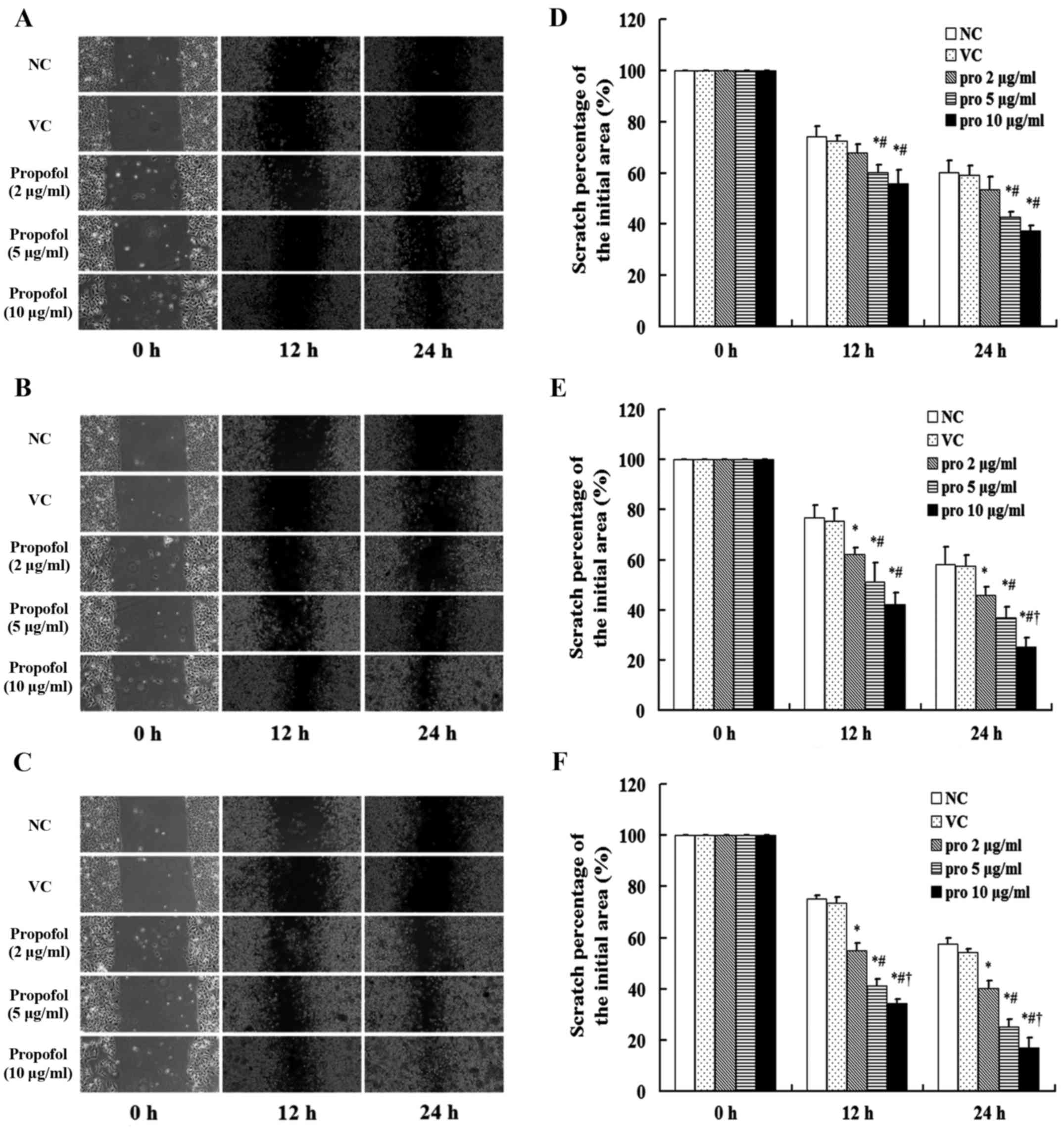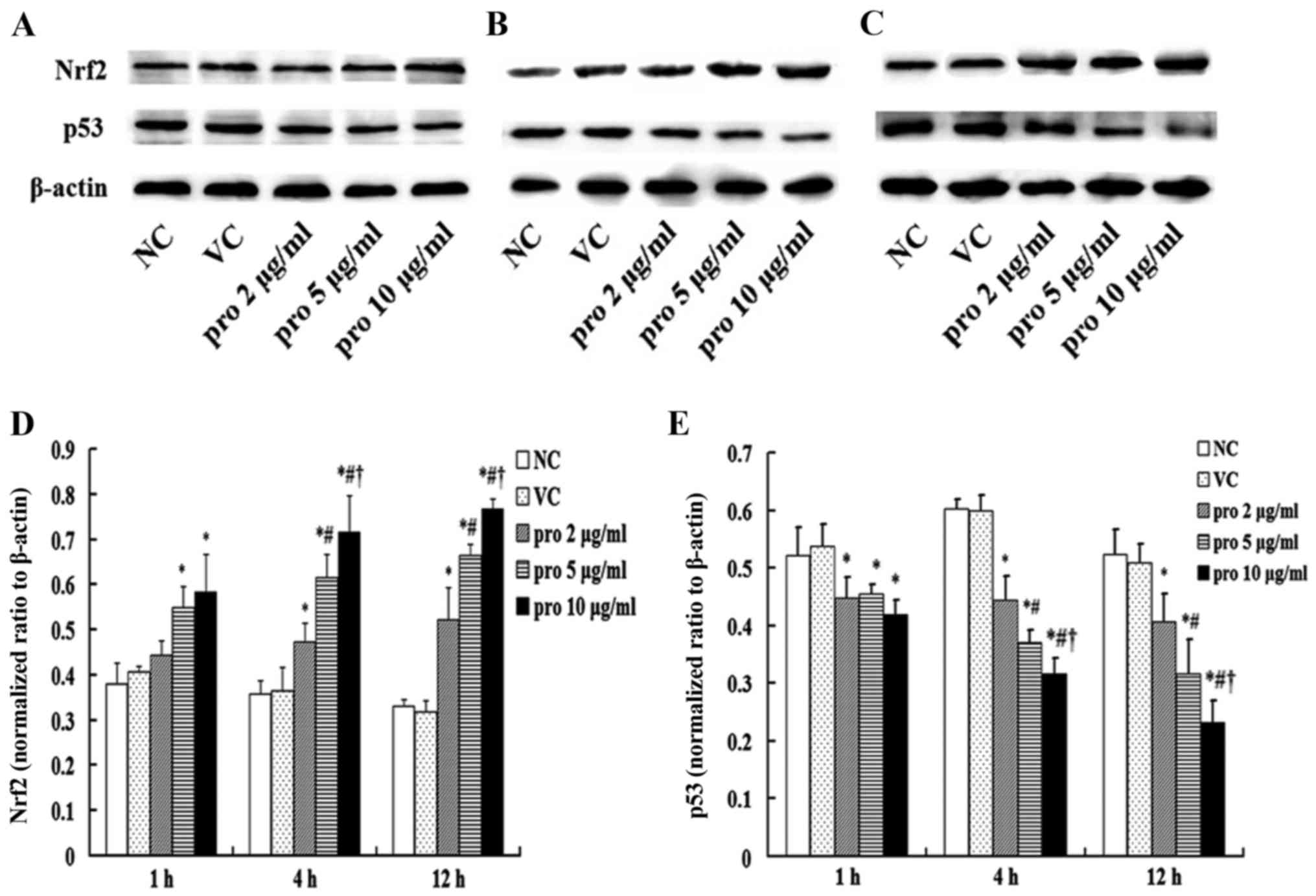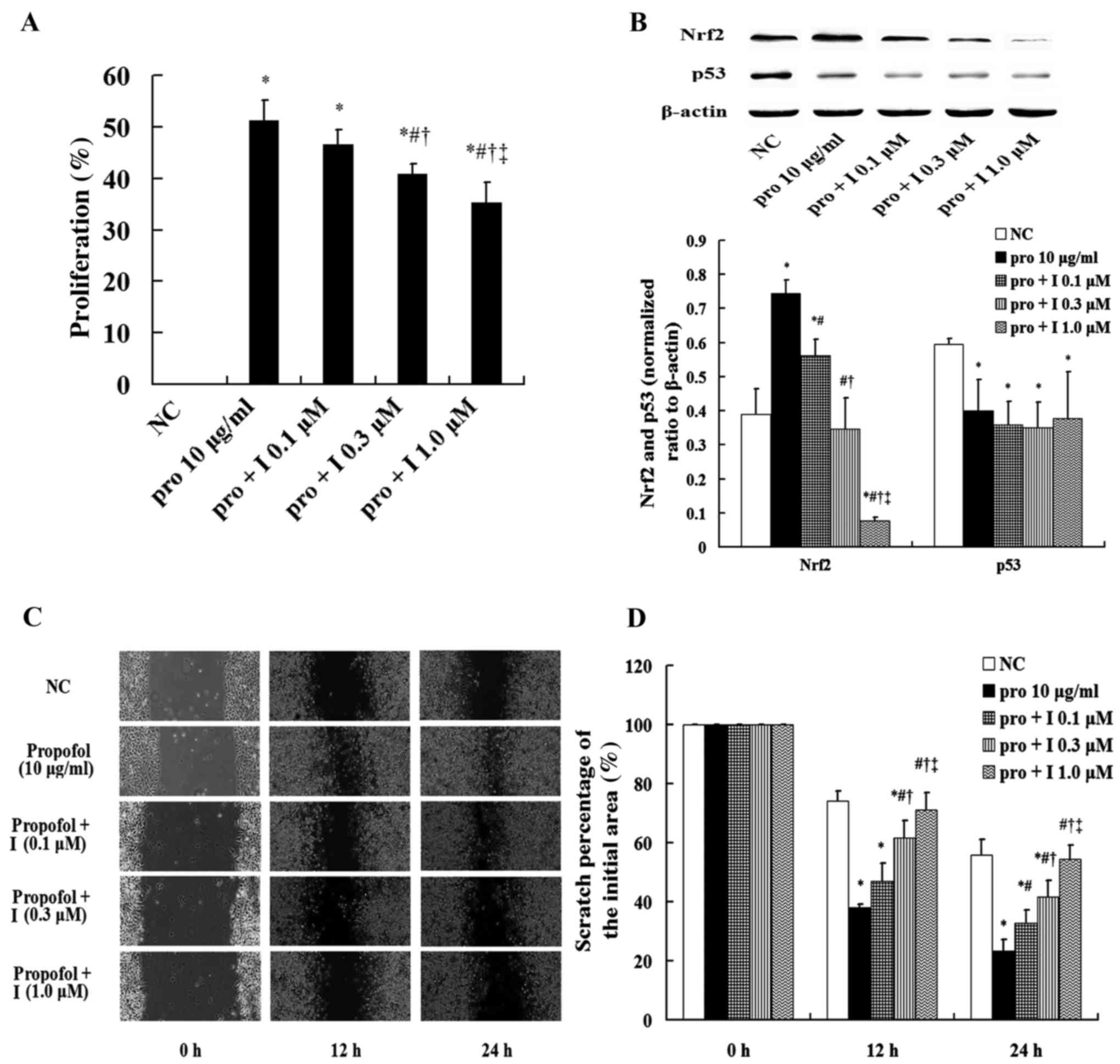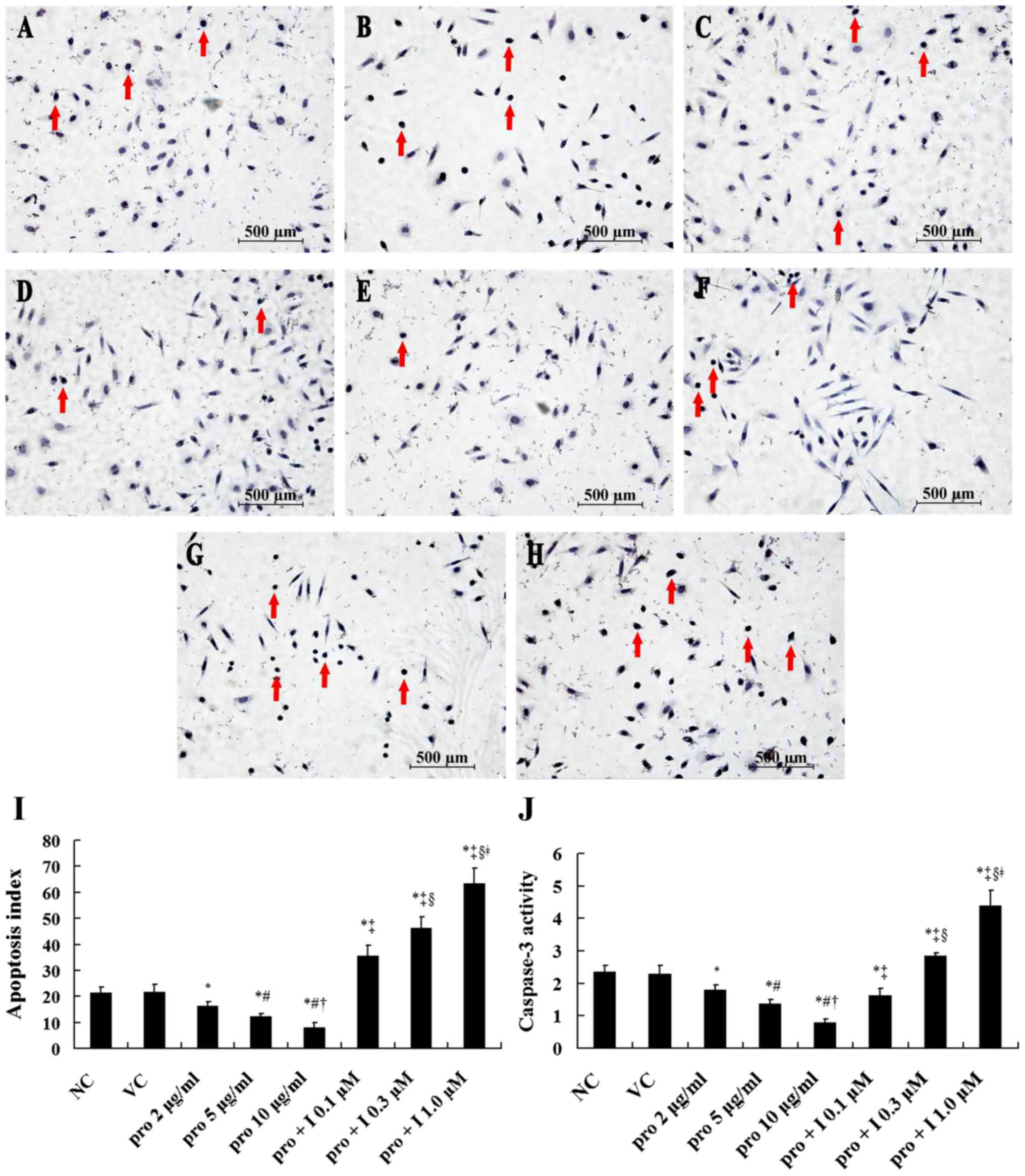|
1
|
Choi YK, Por ED, Kwon YG and Kim YM:
Regulation of ROS production and vascular function by carbon
monoxide. Oxid Med Cell Longev. 2012:7942372012. View Article : Google Scholar : PubMed/NCBI
|
|
2
|
Clarke MW, Burnett JR and Croft KD:
Vitamin E in human health and disease. Crit Rev Clin Lab Sci.
45:417–450. 2008. View Article : Google Scholar : PubMed/NCBI
|
|
3
|
Rayman MP: Selenium and human health.
Lancet. 379:1256–1268. 2012. View Article : Google Scholar : PubMed/NCBI
|
|
4
|
Serafini M, Bellocco R, Wolk A and Ekström
AM: Total antioxidant potential of fruit and vegetables and risk of
gastric cancer. Gastroenterology. 123:985–991. 2002. View Article : Google Scholar : PubMed/NCBI
|
|
5
|
Kong Q and Lillehei KO: Antioxidant
inhibitors for cancer therapy. Med Hypotheses. 51:405–409. 1998.
View Article : Google Scholar : PubMed/NCBI
|
|
6
|
Sayin VI, Ibrahim MX, Larsson E, Nilsson
JA, Lindahl P and Bergo MO: Antioxidants accelerate lung cancer
progression in mice. Sci Transl Med. 6:221ra15. 2014. View Article : Google Scholar : PubMed/NCBI
|
|
7
|
Wolff S, Erster S, Palacios G and Moll UM:
p53's mitochondrial translocation and MOMP action is independent of
Puma and Bax and severely disrupts mitochondrial membrane
integrity. Cell Res. 18:733–744. 2008. View Article : Google Scholar : PubMed/NCBI
|
|
8
|
Leu JI, Dumont P, Hafey M, Murphy ME and
George DL: Mitochondrial p53 activates Bak and causes disruption of
a Bak-Mcl1 complex. Nat Cell Biol. 6:443–450. 2004. View Article : Google Scholar : PubMed/NCBI
|
|
9
|
Marik PE: Propofol: Therapeutic
indications and side-effects. Curr Pharm Des. 10:3639–3649. 2004.
View Article : Google Scholar : PubMed/NCBI
|
|
10
|
Zhang L, Wang N, Zhou S, Ye W, Jing G and
Zhang M: Propofol induces proliferation and invasion of gallbladder
cancer cells through activation of Nrf2. J Exp Clin Cancer Res.
31:662012. View Article : Google Scholar : PubMed/NCBI
|
|
11
|
Xu YB, Du QH, Zhang MY, Yun P and He CY:
Propofol suppresses proliferation, invasion and angiogenesis by
down-regulating ERK-VEGF/MMP-9 signaling in Eca-109 esophageal
squamous cell carcinoma cells. Eur Rev Med Pharmacol Sci.
17:2486–2494. 2013.PubMed/NCBI
|
|
12
|
Duong HQ, Yi YW, Kang HJ, Hong YB, Tang W,
Wang A, Seong YS and Bae I: Inhibition of NRF2 by PIK-75 augments
sensitivity of pancreatic cancer cells to gemcitabine. Int J Oncol.
44:959–969. 2014.PubMed/NCBI
|
|
13
|
Chakraborty S, Mazumdar M, Mukherjee S,
Bhattacharjee P, Adhikary A, Manna A, Chakraborty S, Khan P, Sen A
and Das T: Restoration of p53/miR-34a regulatory axis decreases
survival advantage and ensures Bax-dependent apoptosis of non-small
cell lung carcinoma cells. FEBS Lett. 588:549–559. 2014. View Article : Google Scholar : PubMed/NCBI
|
|
14
|
Moll UM, Marchenko N and Zhang XK: p53 and
Nur77/TR3-transcription factors that directly target mitochondria
for cell death induction. Oncogene. 25:4725–4743. 2006. View Article : Google Scholar : PubMed/NCBI
|
|
15
|
Sayin VI, Khan OM, Pehlivanoglu LE,
Staffas A, Ibrahim MX, Asplund A, Agren P, Nilton A, Bergström G,
Bergo MO, et al: Loss of one copy of Zfp148 reduces lesional
macrophage proliferation and atherosclerosis in mice by activating
p53. Circ Res. 115:781–789. 2014. View Article : Google Scholar : PubMed/NCBI
|
|
16
|
Moi P, Chan K, Asunis I, Cao A and Kan YW:
Isolation of NF-E2-related factor 2 (Nrf2), a NF-E2-like basic
leucine zipper transcriptional activator that binds to the tandem
NF-E2/AP1 repeat of the beta-globin locus control region. Proc Natl
Acad Sci USA. 91:9926–9930. 1994. View Article : Google Scholar : PubMed/NCBI
|
|
17
|
Maher J and Yamamoto M: The rise of
antioxidant signaling - the evolution and hormetic actions of Nrf2.
Toxicol Appl Pharmacol. 244:4–15. 2010. View Article : Google Scholar : PubMed/NCBI
|
|
18
|
Jaramillo MC and Zhang DD: The emerging
role of the Nrf2-Keap1 signaling pathway in cancer. Genes Dev.
27:2179–2191. 2013. View Article : Google Scholar : PubMed/NCBI
|
|
19
|
Hsu HT, Tseng YT, Hsu YY, Cheng KI, Chou
SH and Lo YC: Propofol attenuates lipopolysaccharide-induced
reactive oxygen species production through activation of Nrf2/GSH
and suppression of NADPH oxidase in human alveolar epithelial
cells. Inflammation. 38:415–423. 2015. View Article : Google Scholar : PubMed/NCBI
|
|
20
|
Chen J, Zhao WH, Song ZJ, Chen HG, Xie KL,
Zhao XX and Lei GY: Effects of propofol on proliferation and
apoptosis of HCC827 cells. Journal of Xi'an Jiaotong University
(Medical Sciences). 3:361–363, 384. 2014.[(In Chinese)].
|
|
21
|
Zhang M, Zhang C, Zhang L, Yang Q, Zhou S,
Wen Q and Wang J: Nrf2 is a potential prognostic marker and
promotes proliferation and invasion in human hepatocellular
carcinoma. BMC Cancer. 15:5312015. View Article : Google Scholar : PubMed/NCBI
|
|
22
|
Pan H, Wang H, Zhu L, Mao L, Qiao L and Su
X: The role of Nrf2 in migration and invasion of human glioma cell
U251. World Neurosurg. 80:363–370. 2013. View Article : Google Scholar : PubMed/NCBI
|
|
23
|
Wang J, Zhang M, Zhang L, Cai H, Zhou S,
Zhang J and Wang Y: Correlation of Nrf2, HO-1, and MRP3 in
gallbladder cancer and their relationships to clinicopathologic
features and survival. J Surg Res. 164:e99–e105. 2010. View Article : Google Scholar : PubMed/NCBI
|
|
24
|
Ma RQ, Zhang MX, Wang JS, Cai H, Yeer MK
and Duan XY: Expression and distribution of Nrf2 in several
hepatocellular carcinoma cell lines. Xi Bao Yu Fen Zi Mian Yi Xue
Za Zhi. 27:608–610. 2011.(In Chinese). PubMed/NCBI
|
|
25
|
Mao JT, Tangsakar E, Shen H, Wang ZQ,
Zhang MX, Chen JX, Zhang G and Wang JS: Expression and clinical
significance of Nrf2 in esophageal squamous cell carcinoma. Xi Bao
Yu Fen Zi Mian Yi Xue Za Zhi. 27:1231–1233. 2011.(In Chinese).
PubMed/NCBI
|
|
26
|
Zhou S, Ye W, Shao Q, Zhang M and Liang J:
Nrf2 is a potential therapeutic target in radioresistance in human
cancer. Crit Rev Oncol Hematol. 88:706–715. 2013. View Article : Google Scholar : PubMed/NCBI
|
|
27
|
Kesharwani P, Gajbhiye V and Jain NK: A
review of nanocarriers for the delivery of small interfering RNA.
Biomaterials. 33:7138–7150. 2012. View Article : Google Scholar : PubMed/NCBI
|
|
28
|
Garib V, Niggemann B, Zänker KS, Brandt L
and Kubens BS: Influence of non-volatile anesthetics on the
migration behavior of the human breast cancer cell line MDA-MB-468.
Acta Anaesthesiol Scand. 46:836–844. 2002. View Article : Google Scholar : PubMed/NCBI
|
|
29
|
Garib V, Lang K, Niggemann B, Zänker KS,
Brandt L and Dittmar T: Propofol-induced calcium signalling and
actin reorganization within breast carcinoma cells. Eur J
Anaesthesiol. 22:609–615. 2005. View Article : Google Scholar : PubMed/NCBI
|
|
30
|
Li Q, Zhang L, Han Y, Jiang Z and Wang Q:
Propofol reduces MMPs expression by inhibiting NF-κB activity in
human MDA-MB-231 cells. Biomed Pharmacother. 66:52–56. 2012.
View Article : Google Scholar : PubMed/NCBI
|
|
31
|
Ecimovic P, Murray D, Doran P and Buggy
DJ: Propofol and bupivacaine in breast cancer cell function in
vitro - role of the NET1 gene. Anticancer Res. 34:1321–1331.
2014.PubMed/NCBI
|
|
32
|
Siddiqui RA, Zerouga M, Wu M, Castillo A,
Harvey K, Zaloga GP and Stillwell W: Anticancer properties of
propofol-docosahexaenoate and propofol-eicosapentaenoate on breast
cancer cells. Breast Cancer Res. 7:R645–R654. 2005. View Article : Google Scholar : PubMed/NCBI
|
|
33
|
Deegan CA, Murray D, Doran P, Ecimovic P,
Moriarty DC and Buggy DJ: Effect of anaesthetic technique on
oestrogen receptor-negative breast cancer cell function in vitro.
Br J Anaesth. 103:685–690. 2009. View Article : Google Scholar : PubMed/NCBI
|
|
34
|
Belouchi NE, Roux E, Savineau JP and
Marthan R: Interaction of extracellular albumin and intravenous
anaesthetics, etomidate and propofol, on calcium signalling in rat
airway smooth muscle cells. Fundam Clin Pharmacol. 14:395–400.
2000. View Article : Google Scholar : PubMed/NCBI
|
|
35
|
Cui WY, Liu Y, Zhu YQ, Song T and Wang QS:
Propofol induces endoplasmic reticulum (ER) stress and apoptosis in
lung cancer cell H460. Tumour Biol. 35:5213–5217. 2014. View Article : Google Scholar : PubMed/NCBI
|















